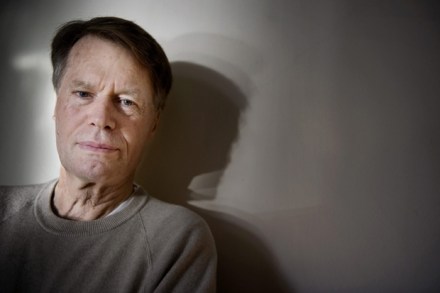Looking for treasure island
It is not easy to avoid clichés when writing about J.M.G. Le Clézio. Born in Nice in 1940, the recipient of the 2008 Nobel Prize for Literature is known in the Anglophone world as an ex-experimental novelist. His early work, exploring language and insanity, was praised by Michel Foucault. But since the 1970s his style has become more mainstream and his subjects — childhood, travel and landscape — more lyrical. Reviewers quibble over the quality of translations, especially when there are two of the same novel in relatively quick succession. Le chercheur d’or (The Prospector) (1985), was translated into English by Carol Marks in 1993, and has now been retranslated




















